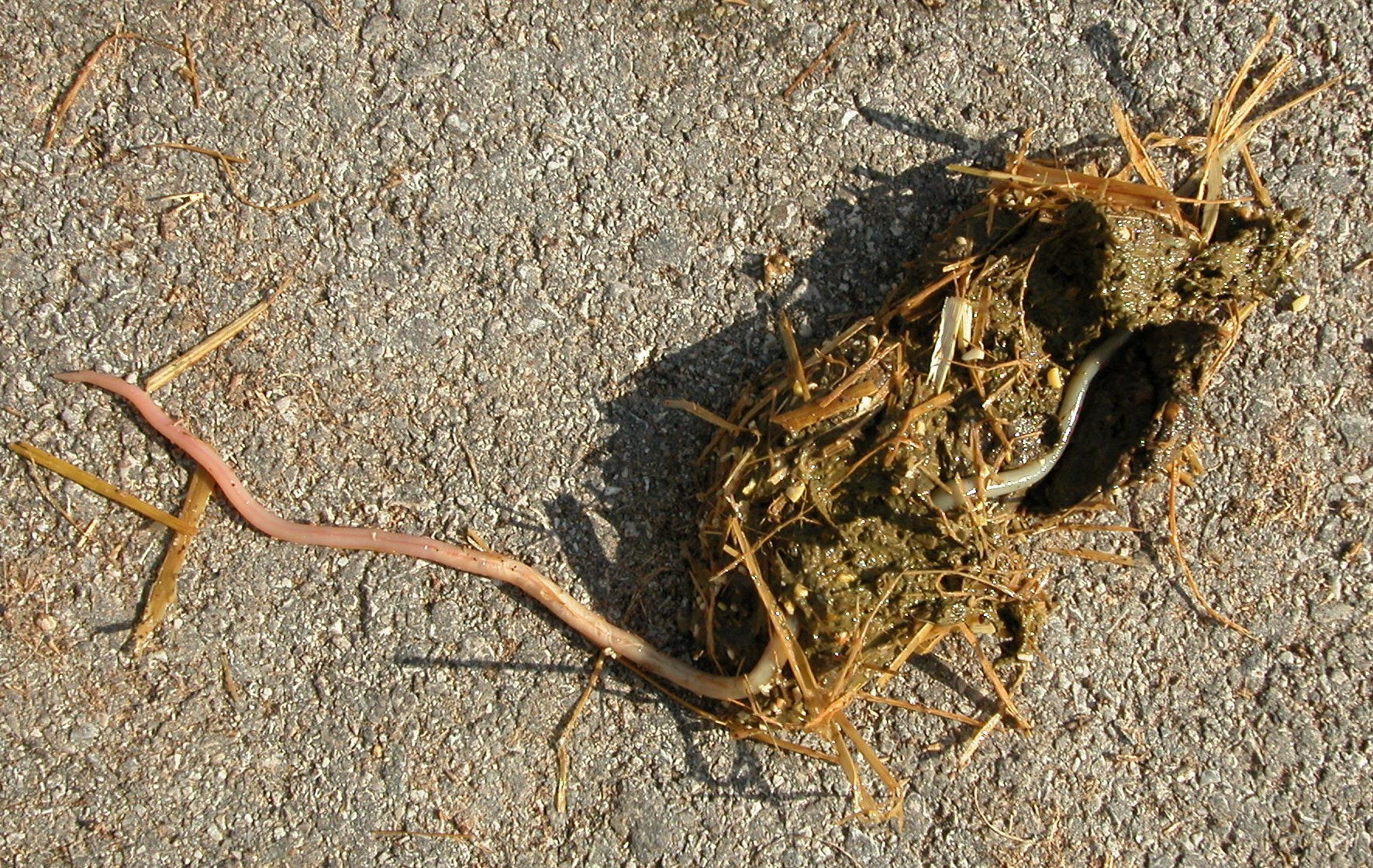The reason for this is, on the one hand, changes in the mucous membrane or absorption disorders in the small intestine, but of course also the involuntary “supply” of adult parasites in the small intestine of the pigs. Such deteriorated biological performance influences the economic viability of pig fattening, with the reduced feed conversion and thus longer fattening times, but also the discarding of livers unfit for human consumption at the slaughterhouse causing the greatest economic damage.
Project goals
The overarching goal is to create company-specific catalogs of measures based on scientific findings. The results from the project should be passed on to the target group as soon as possible. In this way, we would like to create an opportunity for organic pig farmers to reduce roundworm infestation in their livestock through individually tailored measures and thus improve the health status of the pigs and the economic viability of organic pork production. Furthermore, the use of environmentally harmful dewormers should be sustainably reduced through the successful establishment of a management/hygiene plan.
Both pure fattening farms and combined farms take part in the project. After a status survey, each company receives an individual deworming scheme (when/by which means) as well as a company-specific hygiene concept. Routines for introducing and changing stables, manure management and stable hygiene are discussed. The implementation is carried out and documented by the operations manager himself. The level of worming on the farm is determined by taking multiple fecal samples from the farm. Sampling at the slaughterhouse enables the direct worm load on the intestines of the slaughter pigs to be evaluated. In two subsequent years, sampling will be repeated according to the same scheme in order to demonstrate a sustainable reduction in roundworm infestation.







